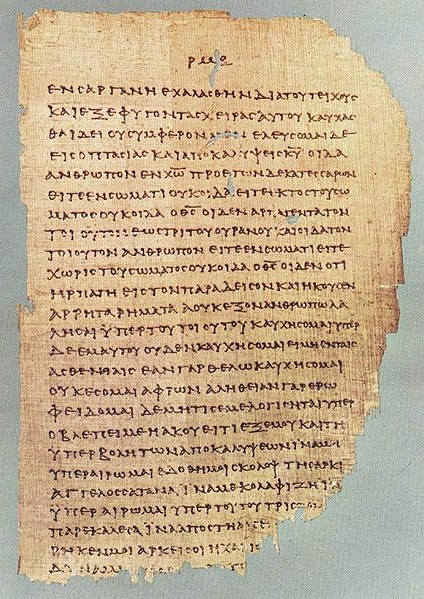 You might be surprised when you’re reading the New Testament and a verse disappears into thin air. For example, if you are reading Acts 8:36, you would expect Acts 8:37 to follow, but oddly, 8:38 is the next verse. What happened to Acts 8:37?
You might be surprised when you’re reading the New Testament and a verse disappears into thin air. For example, if you are reading Acts 8:36, you would expect Acts 8:37 to follow, but oddly, 8:38 is the next verse. What happened to Acts 8:37?
Or try to look up Romans 16:24. Or Matthew 17:21.
In fact, there’s a whole list of Bible verses that have been, er, excised from modern editions. Why?
The versification system that we use in English is based on the King James Bible (and some precursors) that relied on the Greek “Textus Receptus” (relying for the NT mainly on Erasmus’ edition) while modern translations are based on more recent text-critical work. The Textus Receptus represents a Byzantine text type, but the newer critical editions are based on an Alexandrian text type. The Alexandrian text is now generally regarded as more accurate.
So our versification system is based on the King James, which is based on the Byzantine text, but our translations are based on the Alexandrian text. This means we’re using a verse system that does not line up with our text and it creates, well, holes. Even the Nova Vulgata, the Catholic Church’s official edition omits the verses.
Then are these omitted verses Scripture? Well, not exactly, but they were regarded as Scripture by many Christians for ages. Fortunately, most of them are not crucial verses.
Just a little piece of Bible-reader knowledge that will prevent you from calling the publisher in outrage when you find that a verse is missing from your Bible!
